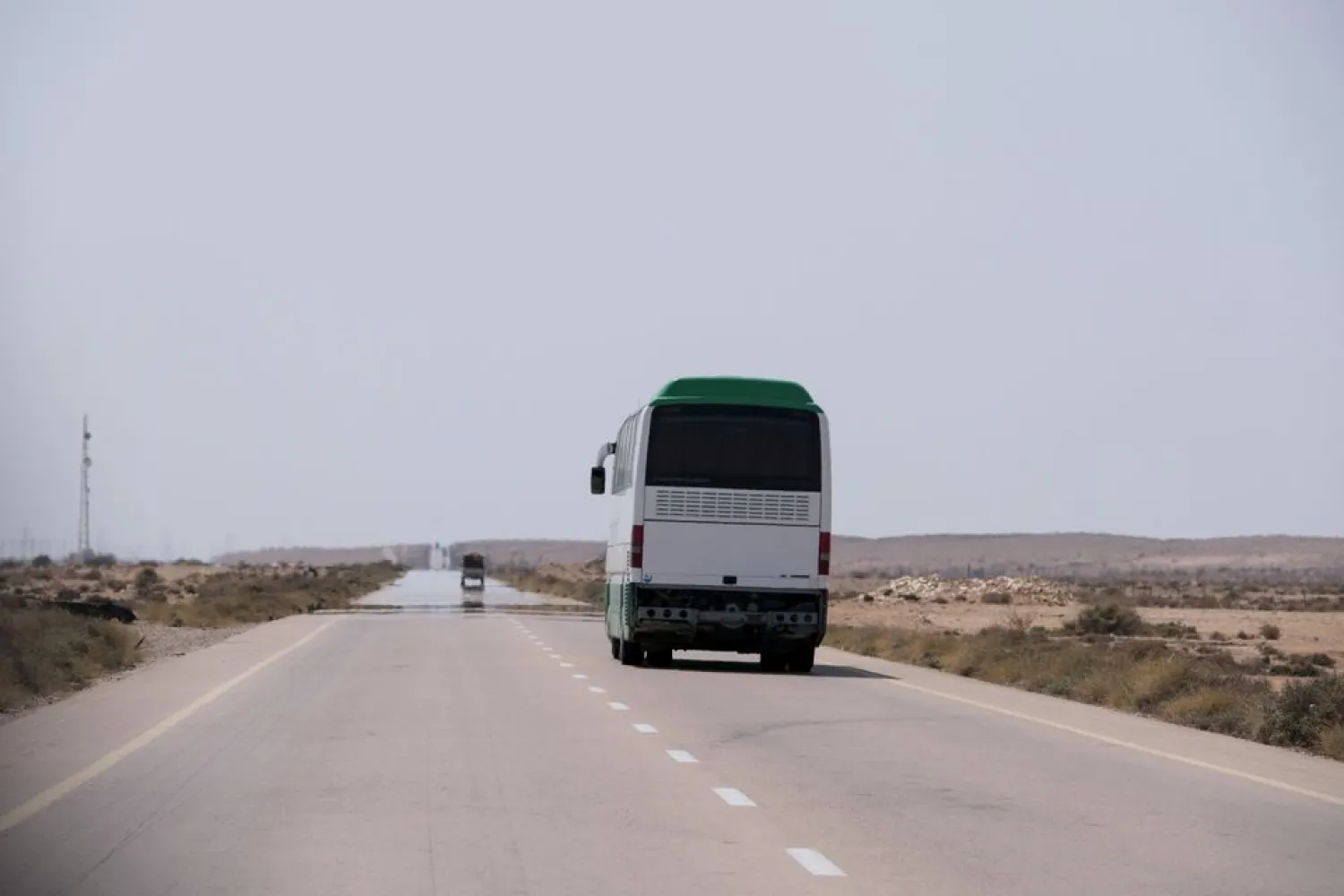The United Nations Support Mission in Libya (UNSMIL) called on all parties in Libya “to refrain from any mobilization or deployment of security elements and troops that may be perceived as an escalation.”
Several political, military, and security parties that are loyal to the transitional authority denounced a recent demand by the Joint Military Committee (JMC) for the suspension of agreements signed by Libya with other countries.
UNSMIL urged all parties “to respect the lines of demarcation as they were at the time of the signing of the Ceasefire Agreement.”
The statement further added, “UNSMIL renews its support to the efforts of the 5+5 Joint Military Commission aimed at maintaining calm and stability.”
“The Mission renews its call to all concerned national and international actors to ensure, respect, and support the full implementation of the Ceasefire Agreement, in accordance with relevant Security Council resolutions,” it continued.
Meanwhile, head of the Government of National Unity (GNU) Abdulhamid Dbeibeh stressed during a surprise meeting on Wednesday with several members of the military committee the need for coordination over decisions to ensure that they are in line with the government’s plan.
He reiterated the Defense Ministry’s support for the efforts of the JMC that led to the reopening of the coastal road, confirming that they are following up closely on the committee's work while emphasizing the importance of coordination with the Ministry of Interior to secure the road.
The Libyan Presidential Council, headed by Mohammed al-Menfi, demanded that a minister of defense should be appointed soon to unify the military. Dbeibeh currently acts as defense minister in his capacity as head of the government.
Spokesperson of the Council, Najwa Wahiba said on Wednesday that the council, in its capacity as chief commander of the army, reiterated its willingness to unify the military and support national reconciliation to pave the way for the elections in December.









